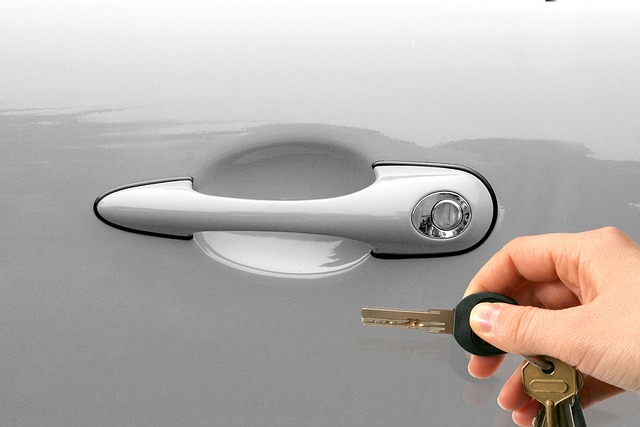Planning to move a car between states? Understanding the complex cost structure is essential. Factors like distance, vehicle type, fuel, insurance, and transport method significantly impact prices. Short moves (under 200 km) start at $300, while longer hauls can exceed $1500. Compare quotes from reputable companies to avoid surprises and accurately budget for interstate car moving costs.
Moving a car across states can be a daunting task, but understanding the cost breakdown can make it more manageable. This article guides you through the intricacies of interstate car moving expenses, offering insights into what factors pricing and average costs for various distance ranges. Learn how to compare offers using online quote generators and discover expert tips for negotiating the best deal. We also explore DIY options versus professional services, ensuring a cost-effective move.
- Understanding Interstate Car Moving Costs
- – Breakdown of factors influencing cost
- – Average expenses for different distance ranges
Understanding Interstate Car Moving Costs

When considering moving a car across states, understanding the cost structure is a crucial first step. Interstate car moves involve various expenses that can significantly vary depending on multiple factors. These include the distance traveled, vehicle size and weight, fuel costs, and additional services required like insurance, documentation, and transport permits. The pricing models offered by different moving companies also play a substantial role in determining the overall cost.
It’s important to note that these expenses aren’t always straightforward. For instance, rates may be quoted on a per-kilometer basis or as a fixed fee for the entire journey. Some companies might charge extra for heavy vehicles or include limited mileage in their base price. Therefore, comparing quotes from several reputable movers is essential to get a clear picture of potential interstate car moving costs.
– Breakdown of factors influencing cost

When comparing the cost of moving a car across states, several key factors come into play. First and foremost, the distance traveled is a primary determinant; longer routes will inevitably incur higher transportation costs due to increased fuel expenses and potential additional days required for the journey. Vehicle type and size also significantly influence pricing; larger or heavier cars will demand more resources for movement, reflecting in the overall cost. Furthermore, the complexity of disassembly and reassembly—if applicable—can add substantial fees, especially when considering specialized equipment and labor required for safe transport.
Other considerations include the method of transportation: whether it’s by road, rail, or air. Each mode has its pricing structure, with truck shipping typically being the most common and cost-effective for personal vehicles, while air freight is reserved for more luxurious or time-sensitive shipments due to its elevated rates. Additionally, extra services like insurance, tracking, and custom clearance (for international moves) can substantially boost the overall price tag, underscoring the importance of a thorough analysis when planning a car’s interstate journey.
– Average expenses for different distance ranges

When planning to move your car interstate, understanding average expenses for different distance ranges is crucial. For moves under 200 kilometers, expect to pay around $300-$500, which includes fuel and basic transport costs. This makes it an affordable option for nearby state transitions, allowing folks to relocate without a significant financial burden.
However, as the distance increases, so do the expenses. Moves between 200-500 kilometers typically cost $500-$1000, factoring in additional travel time and fuel costs. For journeys exceeding 500 kilometers, be prepared to spend up to $1500 or more. These varying rates are influenced by factors like vehicle size, transport methods employed (e.g., truck rentals or specialized car carriers), and the specific logistics involved in moving a car across states.
When considering the financial aspect of moving a car across states, understanding the cost breakdown and average expenses by distance range is key. By factoring in elements like vehicle type, distance traveled, and additional services required, you can make an informed decision for your interstate move. This cost comparison guide equips you with valuable insights to navigate the process efficiently, ensuring a smooth transition without breaking the bank.
